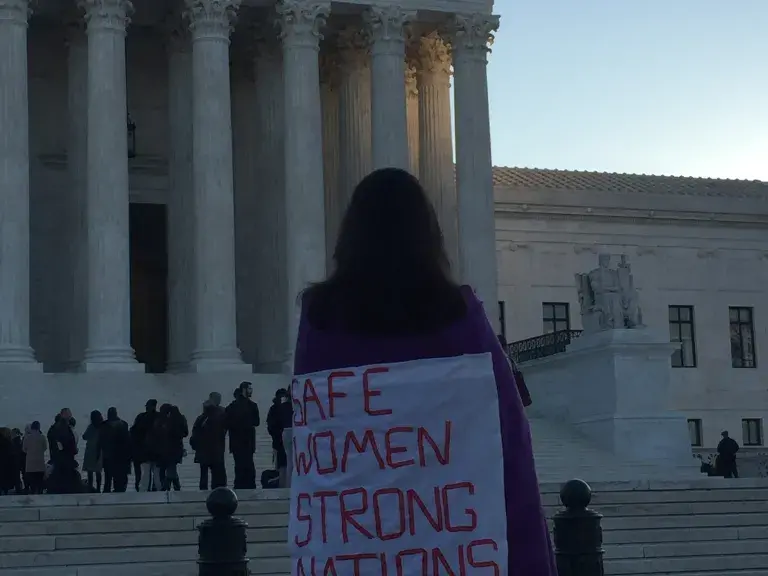
In May 2018, the United States Supreme Court agreed to review a decision by the Tenth Circuit Court of Appeals regarding whether Congress disestablished the Creek Nation’s reservation under 18 U.S.C. § 1151(a). The case, Carpenter v. Murphy, calls on the Court to determine whether the Creek Nation’s reservation in Oklahoma was diminished or disestablished and whether the state had jurisdiction to prosecute a crime committed by an Indian in Indian country. There the Tenth Circuit held that Congress had not shown explicit intent or language to disestablish the Creek Reservation, ruling that Oklahoma did not have jurisdiction to prosecute Murphy for the crime that happened in Indian country.
Although the case is about the prosecution of a murder, the Court’s decision could have significant implications for Indian nations wanting to use the expanded tribal criminal jurisdiction provisions authorized in the 2013 Violence Against Women Act to provide safety to their women. This is so because the restored tribal criminal jurisdiction in VAWA is contingent on the acts of domestic violence or dating violence against Native women occurring in Indian country.
The Center was part of the team bringing the Court’s attention to how the case will impact Indian Nations in Oklahoma and throughout the United States seeking to protect their women and children from domestic violence and dating violence within Indian country.
The Court will hear oral arguments in the case on November 27, 2018.
Read the amicus brief: Amici Curiae of National Indigenous Women’s Resource Center and Additional Advocacy Organizations for Survivors of Domestic Violence and Assault in Support of Respondent
Oral Argument Transcript in Carpenter v. Murphy: https://www.supremecourt.gov/oral_arguments/argument_transcripts/2018/17-1107_4gcj.pdf
